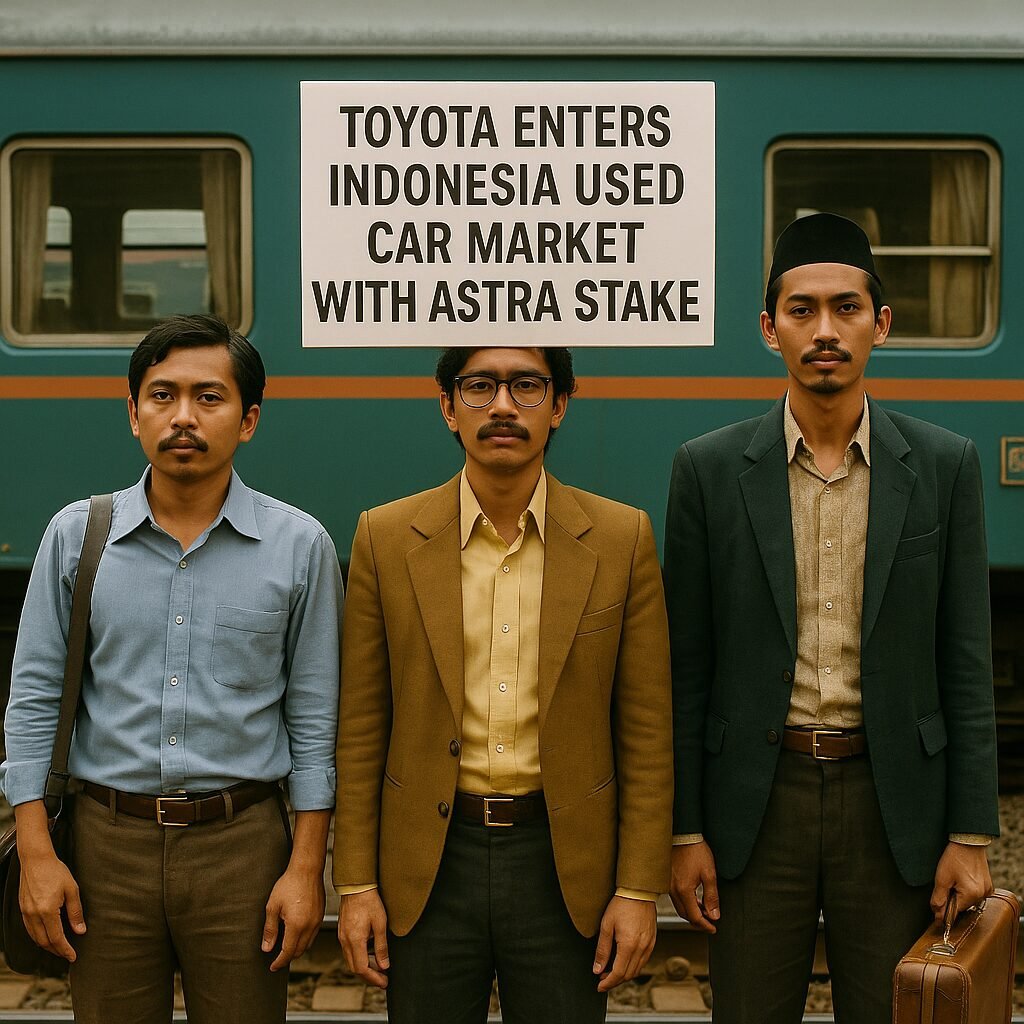- Toyota acquires 40% stake in Astra, entering Indonesia's used car market.
- Arysun secures $575k in funding for climate tech, highlighting sector's growth.
- Grab focuses on fintech, showing profitable gains and solidifying market position.

In a significant move in the automotive industry, Toyota has entered Indonesia’s used car market, acquiring a 40% stake in Astra. This strategic move by the world’s largest car manufacturer is a clear indication of the growing potential and profitability in the used car market in Indonesia. The full impact of this investment is yet to be seen, but it is expected to bring significant growth and expansion to the industry.
Meanwhile, in the tech startup scene, Arysun, a climate tech startup, has secured $575k in pre-seed funding. This is a significant milestone for the startup, as it highlights the increasing interest and investment in climate technology, a sector that is expected to play a crucial role in addressing climate change and promoting sustainable practices.
In the fintech sector, Grab, the ride-hailing giant, is starting 2025 on a positive note, with a renewed push towards fintech. This strategic direction is evident in their Q1 report, which shows profitable gains, demonstrating the potential and profitability of fintech in the current economic climate. The fintech push is expected to further solidify Grab’s position in the market and contribute to their overall growth and expansion.
Further highlighting the growing importance of tech in the region, Indonesia and Oracle are collaborating to build the Southeast Asia GPU hub. This partnership represents a substantial technological advancement for the region and is expected to foster innovation and development in various tech-related industries.
Lastly, in government initiatives, the Indonesian government has reinforced its commitment to bolstering the marine and fisheries sectors. This commitment represents a concerted effort by the government to boost these critical sectors, which are integral to Indonesia’s economy and food security. The full impact of these initiatives is yet to be seen, but they are expected to bring significant benefits to the sectors.

